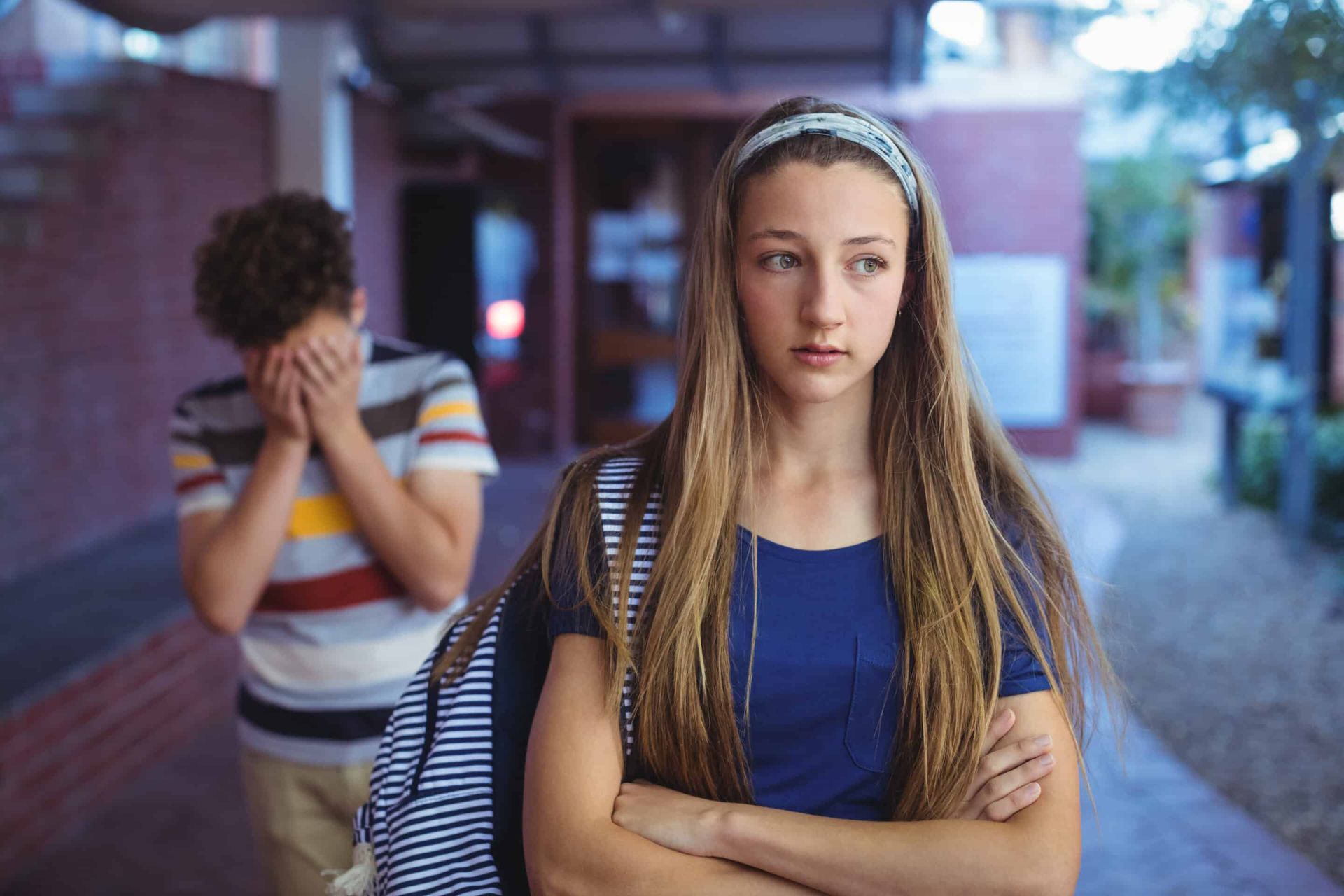How Does Social Media Affect Teens Mental Health?
Share this article:

In the vast ocean of the digital age, social media platforms are like islands where teens often find themselves shipwrecked, navigating the treacherous waters of comparison, cyberbullying, and the quest for validation. You've likely observed the double-edged sword of these platforms, offering both a space for positive connections and a battleground for mental health challenges.
The question then arises: How exactly does this digital interaction landscape shape the mental well-being of adolescents? Unpacking this question reveals the nuanced ways in which the virtual and the real intertwine, influencing self-esteem, social skills, and overall mental health.
Let's embark on this exploration, understanding the depth and breadth of social media's impact on teenage minds.
Key Takeaways
- Social media can increase anxiety and depression through excessive screen time.
- The comparison trap on social media leads to lower self-esteem and inadequacy feelings.
- Cyberbullying negatively impacts teen mental health, causing anxiety and social withdrawal.
- Positive online connections can boost self-esteem and reduce feelings of isolation.
Understanding the Impact
To truly grasp how social media influences teens' mental health, it's essential to consider the mounting evidence that links screen time with increased feelings of anxiety and depression.
Studies show that prolonged exposure can exacerbate these conditions, highlighting the need for innovative solutions.
Understanding this dynamic is crucial for developing strategies that can mitigate these adverse effects and foster a healthier digital environment for teens.
The Comparison Trap
Navigating the treacherous waters of social media often traps teens in a cycle of endless comparison, negatively impacting their mental health.
You're constantly bombarded with snapshots of perfection, skewing your perception of normalcy and success. This relentless comparison can erode self-esteem and foster a sense of inadequacy.
Recognizing this trap is the first step towards fostering a healthier, more positive online experience.
Cyberbullying and Harassment
While the comparison trap on social media significantly affects teens' self-esteem, cyberbullying and harassment present a more direct and harmful challenge to their mental health.
- Increased Anxiety: Constant exposure to negative comments can elevate stress levels.
- Depression Risk: Victims may experience feelings of hopelessness.
- Low Self-Esteem: Harassment erodes confidence.
- Social Withdrawal: Fear of further bullying can lead to isolation.
Positive Connections
Amidst the challenges, it's crucial to recognize how social media can foster positive connections that bolster teens' mental health. Platforms enable them to find communities and friends with shared interests, offering a sense of belonging.
Scientific studies confirm these relationships can significantly reduce feelings of isolation, boosting self-esteem and well-being. Embracing these aspects, teens can navigate social media as a tool for positive personal growth.
Strategies for Healthy Usage
To ensure a healthy relationship with social media, it's crucial for teens to adopt specific strategies that mitigate its potential negative impact on mental health.
- Set time limits to reduce excessive use.
- Curate your feed to include positive and inspiring content.
- Engage in digital detoxes regularly to disconnect and recharge.
- Foster real-life connections to balance online interactions.
Frequently Asked Questions
How Does the Regulation or Lack Thereof of Social Media Platforms Contribute to Mental Health Issues in Teens?
When social media isn't regulated, it can harm your mental health. You're exposed to unrealistic standards and cyberbullying, leading to anxiety and depression. It's crucial to push for safer digital spaces to protect teens.
Are There Specific Times of Day or Patterns of Usage That Exacerbate Mental Health Issues in Teens Using Social Media?
Yes, specific times, like late night or prolonged use, can worsen teens' mental health. Innovatively managing screen time and promoting positive online experiences can mitigate risks and foster a healthier relationship with social media.
How Do Socio-Economic Factors Influence the Impact of Social Media on Teens' Mental Health?
Socio-economic factors can make or break a teen's mental health on social media. They dictate access, exposure, and resilience, profoundly shaping experiences and outcomes. It's crucial to innovate solutions that bridge these divides.
In What Ways Do Parental Attitudes Towards Social Media Use Affect Their Children's Mental Health?
Your parents' views on social media play a crucial role in shaping your mental health. Supportive attitudes can bolster resilience, while negative perceptions may increase stress, highlighting the need for open, understanding communication.
What Role Do Educational Institutions Play in Mitigating the Negative Effects of Social Media on Teen Mental Health?
Educational institutions are like lighthouses, guiding teens through the stormy seas of social media. They can create safe havens for open discussions, foster digital literacy, and implement supportive programs to shield teens' mental well-being.
Connect with Us:
Connect with Us:



